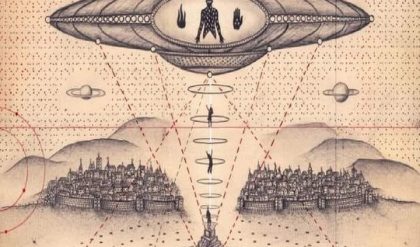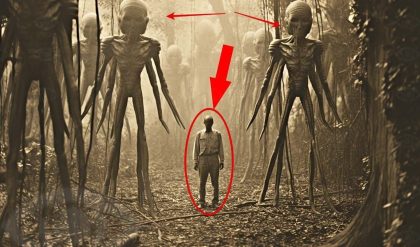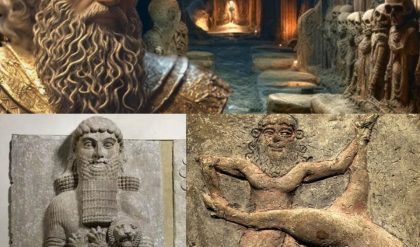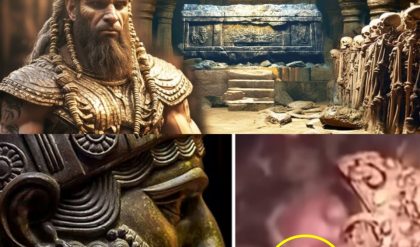In a groundbreaking discovery, fossil hunters have unearthed what is being hailed as the ‘Rosetta Stone’ of dinosaur skeletons in Australia’s ancient seabed. This extraordinary find, located in a previously unexplored region, has left paleontologists and experts around the world astounded and eager to delve into its mysteries.
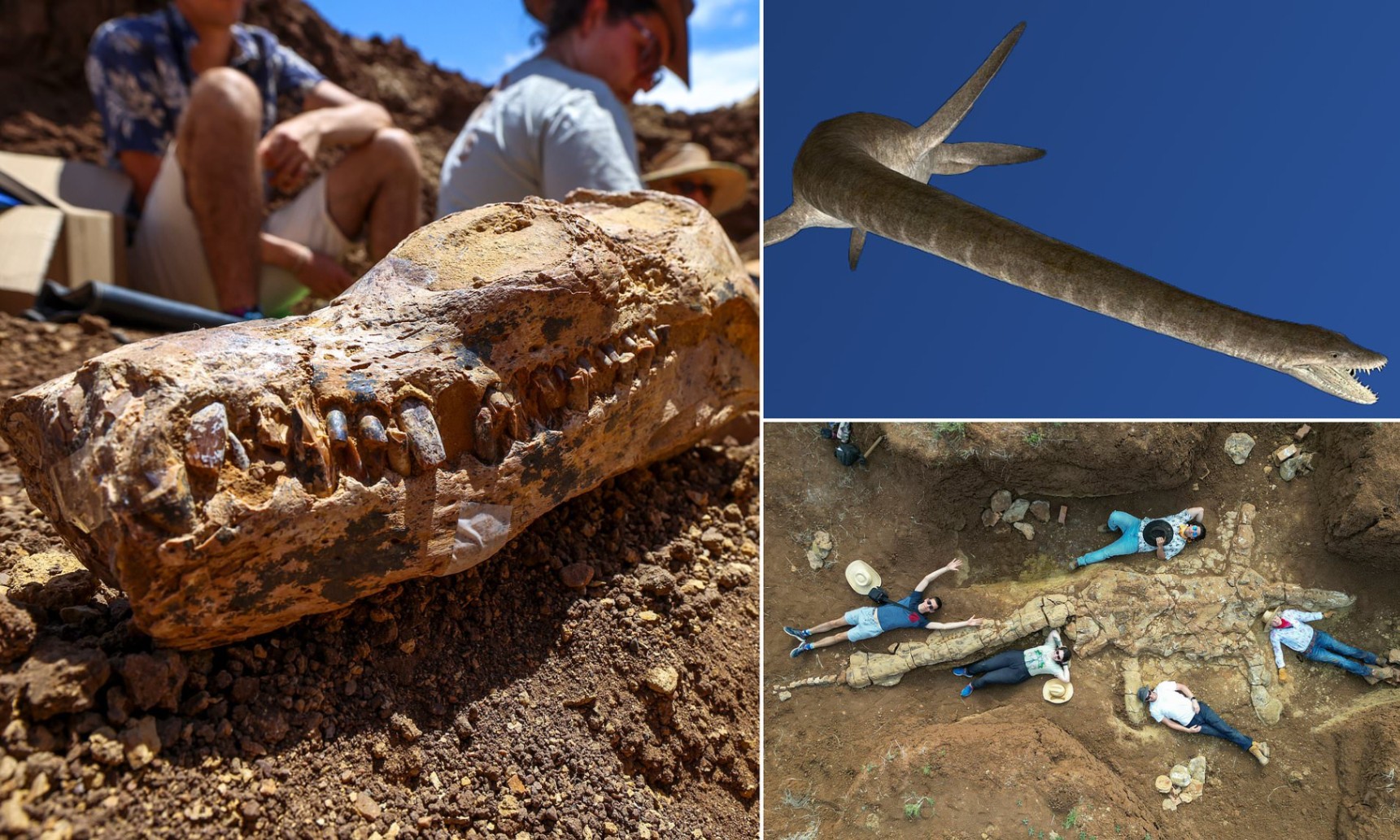
The Discovery
The fossil, uncovered in a remote coastal area of Australia, is a nearly complete dinosaur skeleton that dates back to the Mesozoic era. The term ‘Rosetta Stone’ is used to describe this find due to its potential to unlock significant insights into dinosaur evolution and the ancient ecosystems of the region. The discovery was made by a team of paleontologists conducting routine excavations in the area, which has long been known for its rich fossil deposits.
Key Features of the Find
1. Nearly Complete Skeleton
The skeleton is remarkably well-preserved, with many of its bones still articulated. This level of preservation is rare and provides an invaluable opportunity for scientists to study the dinosaur in detail. The fossil includes a significant portion of the skull, limbs, and vertebral column, offering a comprehensive view of the dinosaur’s anatomy.
2. Unique Characteristics
Preliminary examinations suggest that the dinosaur exhibits unique features not commonly seen in other fossils from the same period. These characteristics could offer new insights into the evolutionary pathways of dinosaurs and their adaptations to their environment. The specimen’s distinct traits are expected to challenge existing theories about dinosaur diversity and behavior.
3. Ancient Marine Ecosystem
The location of the find in an ancient seabed suggests that this dinosaur may have been part of a unique marine ecosystem. This raises intriguing questions about the interactions between land and sea creatures during the Mesozoic era and the role of such ecosystems in the evolution of dinosaur species.
Expert Reactions
The discovery has generated excitement and curiosity within the scientific community:
Paleontologists: Experts are eager to study the skeleton in detail to uncover more about its species and the broader implications for dinosaur research. The find could lead to significant revisions in the understanding of dinosaur evolution and their ancient environments.
Archaeologists: The fossil’s unique preservation and location offer a rare glimpse into prehistoric life, prompting archaeologists to consider how similar discoveries might reshape their understanding of ancient ecosystems.
Public Interest: The find has captivated the public’s imagination, with media coverage highlighting the potential significance of the discovery. The fossil’s nickname as the ‘Rosetta Stone’ of dinosaurs underscores its anticipated impact on scientific knowledge.
Next Steps
Researchers will conduct a series of analyses on the fossil, including detailed anatomical studies and radiographic imaging. These investigations will help to identify the species of dinosaur and clarify its place within the broader context of prehistoric life.
Conclusion
The discovery of the ‘Rosetta Stone’ dinosaur skeleton in Australia marks a milestone in paleontological research. With its exceptional preservation and unique characteristics, this find holds the promise of unlocking new chapters in the history of dinosaurs and their ancient ecosystems. As scientists continue to explore and analyze this remarkable specimen, the insights gained could significantly enhance our understanding of the prehistoric world.

